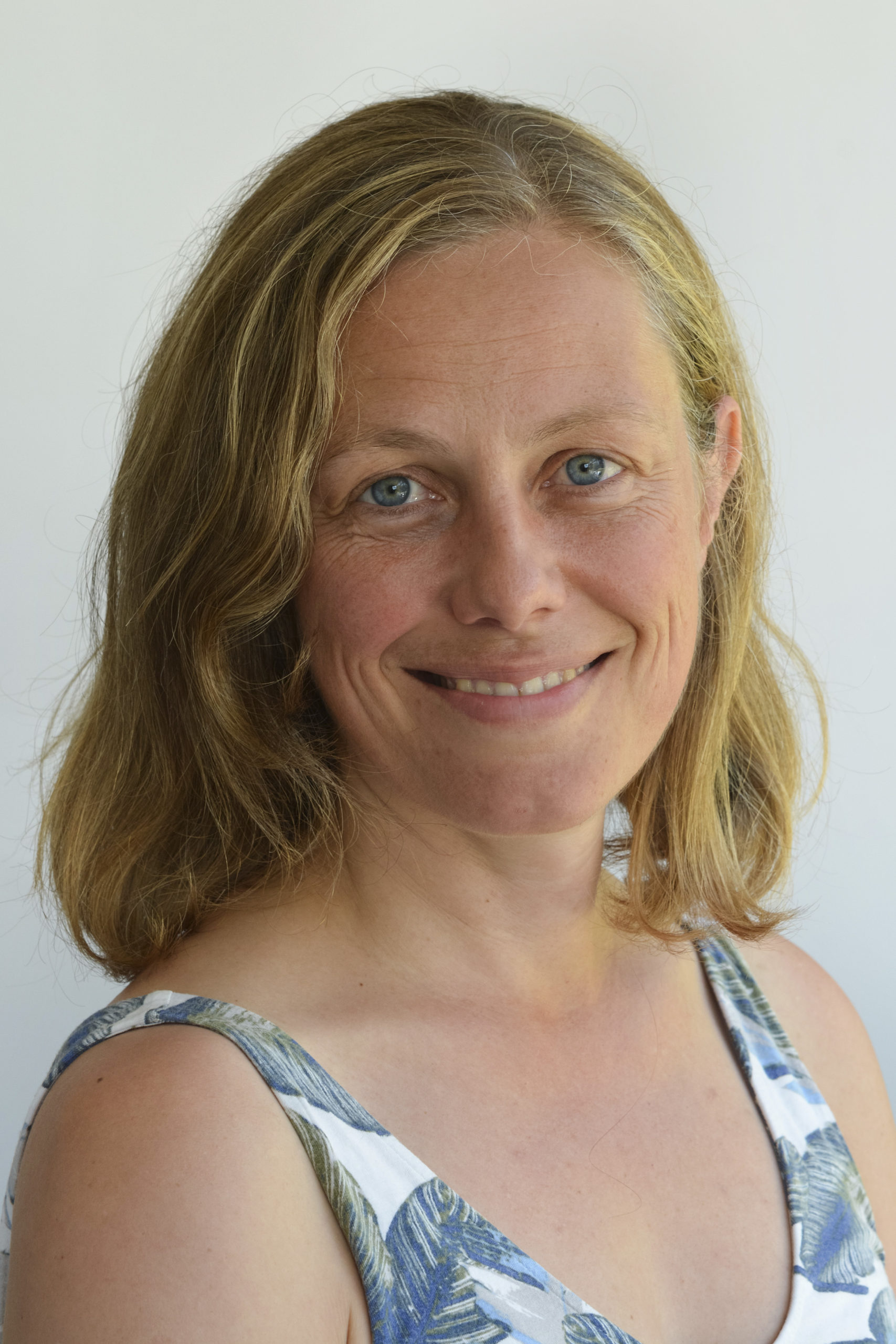“I am so thankful for having a chance to meet the government and to talk about sanitation.” (Woman from female-headed household)
Female-headed households often get left behind in water, sanitation, and hygiene (WASH) programming and policy. This SLH learning paper presents findings and recommendations for action, from the participatory video research project, ‘Sanitation, health and livelihood issues for female-headed households in Tasikmalaya’. The project supported eight women in Awiluar village, Tasikmalaya, (a peri-urban community in west-Java, Indonesia), to explore the challenges they face and ideas for solution using a participatory video process.
The process included activities to develop personal confidence, teamwork, collective and visual storytelling, reflective enquiry, communication skills and audio-visual technical skills. The women collectively created a video to communicate their sanitation, health and livelihood priorities, which was screened with local government officials and community members promoting vital dialogue and encouraging action. The aim of the project was to ensure that the specific needs and long-term interests of female-headed households are better met going forward.
Further details on the approach can be found in the accompanying SLH learning paper (18), ‘Using participatory video for empowerment in sanitation programming‘; this describes key activities involved and their value to programming. It aims to spark sanitation and hygiene researchers’ interest in the potential for using participatory video.
Recommendations for action:
- Increased community reporting through complaint mechanisms
- Community engagement on health risks of open defecation
- Discussions and action on septic tanks
- Tailored guidance on aquaculture
- Discussions and action on clean water sources
- Discussions and action on low-interest loans
- Discussions and action on rubbish collection








